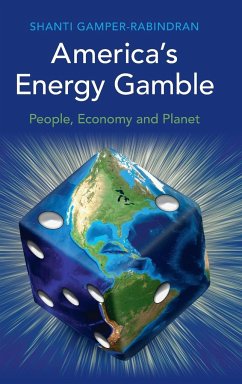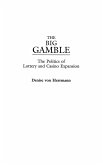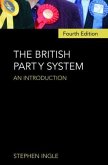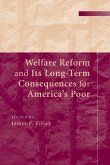"This Book's Inspiration, Sources, and Approach This book project emerged from discussions with colleagues and students at the University of Pittsburgh and communities in the tristate region of Pennsylvania, Ohio, and West Virginia located on the Marcellus Shale. This region has served as a microcosm of the national and global debate over energy. Which of the competing visions of America's future economic, energy, and environmental pathways should the region embrace? Should it drill down on the path of greater shale gas extraction and build its economy and energy pathways around shale? Or should this region, which is still reeling from the collapse of coal extraction and the boom-bust cycles of shale gas, persist in pursuing the goal of economic diversification, even though it poses its own challenges? As I worked with colleagues and students to comprehend the direction and impact of US energy and environmental policies, the need for a book like this became clear. Few books have focused on the Trump administration's energy and environmental policies. The outlets that report on the Trump administration's energy policies focus on the public's need for immediate updates on the administration's rapid-fire policy pronouncements and deregulatory actions. These include the electronic publication Environmental Protection in the Trump Era (2018) by the Environmental Law Institute and the American Bar Association; trackers and commentary on regulatory rollbacks by NGOs such as the Environmental Integrity Project and by law schools such Harvard Law School; and podcasts such as the "Trump on Earth" podcast by National Public Radio.28 However, these outlets that are focused on keeping the public up-to-date with policy changes, understandably, have not provided in-depth analyses of the broader historical, economic, and political context of the administration's actions and detailed assessments of their long-term implications. I decided to write a book that is aimed at three audiences - professionals working on US energy and environmental policies, scholars and students of these policies, and members of the general public interested in these debates - and that lays out the administration's policies, scrutinizes the logic for and against these policies and their likely consequences, and explores the mechanisms to support or to reverse these policies. To evaluate these policies, I searched for uniform yardsticks. There are at least three criteria that seem to rise above partisanship. First, advocates of expanding extraction and deregulation argue that these strategies will achieve energy independence and make Americans more prosperous. Thus, one criterion is to determine whether or not these strategies will actually achieve these stated goals. Second, a significant proportion of oil and gas extraction takes place offshore and a substantial amount takes place on public lands. The American people, present and future, own these resources and, according to laws enacted by Congress, the federal government is supposed to manage them for the benefit of the public. Thus, a second criterion is the extent to which these strategies share benefits broadly or instead concentrate wealth in the hands of a few. Third, the United States has historically respected factual evidence, not least scientific evidence, in its rulemaking processes"--
Hinweis: Dieser Artikel kann nur an eine deutsche Lieferadresse ausgeliefert werden.
Hinweis: Dieser Artikel kann nur an eine deutsche Lieferadresse ausgeliefert werden.








